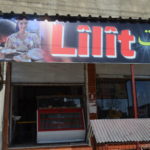
The Women’s Office in east Qamishlo [Qamişlo / Qamishli / Al-Qamishli] has opened a bakery called Lilit to make pastries and manakish. The opening was attended by many of Qamishlo’s residents, as well as members of Kongreya Star [the women’s movement umbrella structure], local councils and institutions of civil society. We headed to Qamishlo’s eastern municipality to get more information,
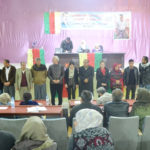
The Economic Committee of the canton Kobanî [Kobanê] had a meeting to decide on further steps to take. At the meeting, the committee’s new co-chairs were elected, and important decisions were taken─for example, about the creation of new cooperatives and a new union for the cooperatives. After the military victory which captured the world’s attention, Kobanê has

The militias of the YPG and YPJ are fighting in Rojava, a Syrian border region of 18,300 square kilometers that is next to Turkey and is divided in three cantons (regions): Kobanî [Kobanê / Kobane], Cizîrê [Cezîre / Jazira Canton] and Afrîn [Afrin / Efrîn]. In these territories, agriculture (wheat being the main product), and petrol are
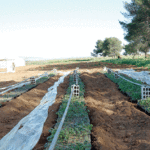
Recognising that women are involved in all sectors of the economy in Rojava, Co-chair of the Economic Committee, Leman Hesseno, says they are strongest in agricultural cooperatives. The co-chair of the Economic Committee, Leman Hesseno, told ANF’s Beritan Sarya about the level of the development of the women’s economy and the problems they have experienced. Hesseno who
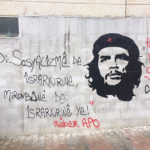
The Revolution in Rojava has its own special dynamic that is difficult to express with words. In a positive sense, it is surprising. At first sight, the Kurdish Freedom Movement can seem to be too much oriented towards a practical approach and with not enough focus on theory, yet, they actually do have a very well-defined
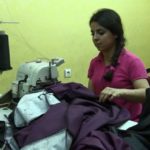
AMED – The Mesopotamya Youth Research Centre Textile Cooperative was launched in 2015 in Diyarbakir [Amed]. The cooperative is working collectively against labour exploitation, and is specifically geared towards women. The textile cooperative is attracting attention with its activities for young people, culture and arts, sports and vocational courses and communal living. They have opened a workshop
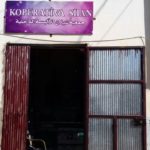
A group of mostly women residents of Qamishlo set up Shîlan Co-operative for the sale of underwear on 7th January, 2017 in Hilaliya, a neighborhood in Qamishlo. They were able to establish the co-operative with the support of the local council of the city.
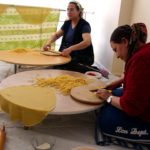
In the east of Turkey, next to Iran, we find the province Van [Wan]. Here, the Kurdish movement is developing several projects, including cooperatives for the production and distribution of local food products. These cooperatives are backed by the Economic Commission of the Congress for a Social Democracy (DTK). Some of its objectives consist in
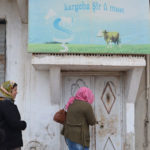
The women of Rojava are creating their own economy by founding cooperatives. Having faced a lot of resistance from their communities, with people telling them that they would not be able to do this, they now rejoice at their successes. “Now, we are stronger,” they say. As leaders of the revolution, women in Rojava are
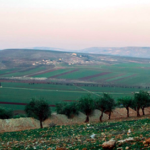
The majority of analytical materials dedicated to Syrian Kurdistan concern politics or the war. The economic situation of the autonomous enclave Rojava stays in the background. If we take Lenin’s phrase, “Politics is the most concentrated expression of economics”, you could say that the majority of articles about the Kurdish question represent no more than

Before the beginning of the 2011 protests against Bashar al-Assad, structures like the Kumin and Mala Gel already existed among the Kurds. Because of the harassment at the hands of the state forces, the Kurds created their own informal organs of self-administration, which were judged as illegal by the central state. The Mukhabarat (secret police) could arrest anyone participating in them. After the government forces departed from the territory of Jazira, the Kumin and the Mala Gel took government functions upon themselves. A little over a year ago, representatives of the Kurdish, Assyrian and Arabic communities decided to give the political system its current form. In January 2014, the forming of the cantons Jazira, Kobanê and Afrin and the unifying territorial entity of Rojava was announced.

I take a minibus and go to Qamishlo, the biggest city of the canton. There are dozens of oil pumps along the road. Hilly fields covered with fresh, green grass with oil pumps sticking out like crooked nails. When you look a second time you realise very few of them are moving. Only a small number are functioning.












